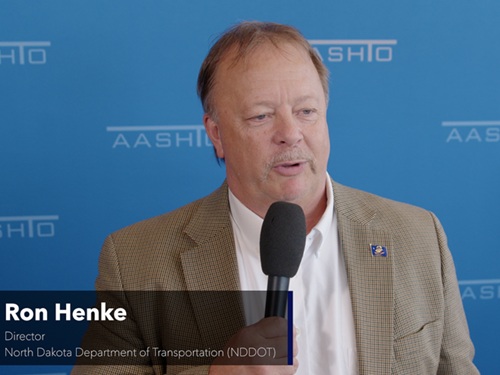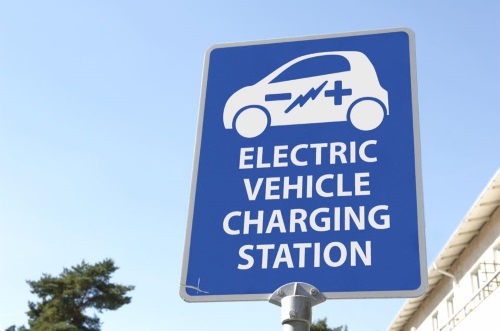The Mobility Systems Center – operated by the Massachusetts’s Institute of Technology – plans to fund several new research projects to gain “deeper insights” into de-carbonizing the U.S. transportation sector.

“Based on input from our Mobility Systems Center members, we have selected an excellent and diverse set of projects to initiate,” explained Randall Field, the center’s executive director, in a statement. “The awarded projects will address a variety of pressing topics including the impacts of COVID-19 on urban mobility, strategies for electric vehicle charging networks, [plus] infrastructure and economics for hydrogen-fueled transportation.”
- The COVID-19 project will examine how the pandemic has changed energy consumption patterns and new preferences toward different modes of urban transportation – including driving, walking, cycling, and most dramatically, ridesharing services and public transit. The aim is to first quantify large-scale behavioral and preference changes in response to the pandemic, tracking how these change from the beginning of the outbreak through the medium-term recovery period, then break down changes by sociodemographic groups, with a particular emphasis on low-income and marginalized communities. That project will then use those insights to predict how changes to infrastructure, equipment, and policies could help shape travel recovery to be more sustainable and equitable.
- The electric vehicle or EV project will study the economics of EV recharging networks – developing a model for consumer vehicle and travel choices based on data regarding travel patterns, EV charging demand, and EV adoption. Researchers will first quantify the value that each location within a recharging network provides, which may be greater than that location’s individual profitability due to network “spillovers.” Second, the study will seek to simulate the profits of EV charging networks and the adoption rates of EVs using different pricing and location strategies.
- A mobility systems study will examine cost reduction and emissions savings strategies for hydrogen-powered vehicles. It seeks to quantify the emissions and costs of hydrogen production and storage pathways, with a focus on the potential use of excess renewable energy. Then it will model costs and requirements of the distribution and refueling infrastructure for different forms of transportation, from personal vehicles to long-haul trucking based on existing and projected demand. That study will focus on two classes of supply chains: pure hydrogen (transported as a compressed gas or cryogenic liquid) and cyclic supply chains (based on liquid organic hydrogen carriers for powering on-road transportation).
Those research projects will be spearheaded by MIT faculty and researchers across several fields, including economics, urban planning, and energy systems.
Several state departments of transportation are already involved projects that are similar in nature to MIT’s work.

For example, the Colorado Department of Transportation is playing a key role in the Colorado Electric Vehicle Plan 2020 unveiled in April that seeks to transition the state’s transportation system to one using all-electric and zero emission vehicles.
Meanwhile, the Ohio Department of Transportation helped compile an Electric Vehicle Charging Study that outlines a new statewide strategy to help expand EV use within Ohio, such as by building EV charging stations at least every 50 miles at specific locations along interstate, state, and U.S. route corridors.
Finally, Florida plans to invest $8.6 million to strengthen its electric vehicle or EV infrastructure – part of $166 million worth of funds coming to the state from the VW Mitigation Trust Fund established in 2017.
That fund – formed between VW and the U.S. government to resolve claims that the automaker violated the Clean Air Act by knowingly selling diesel-powered vehicles that did not meet Environmental Protection Agency mobile source emission standards – is being tapped by several states to spur a variety of transportation-focused alternative energy projects.
 Nation
Nation
North Dakota DOT Profiled in State DOT Update
July 3, 2025 Nation
Nation

